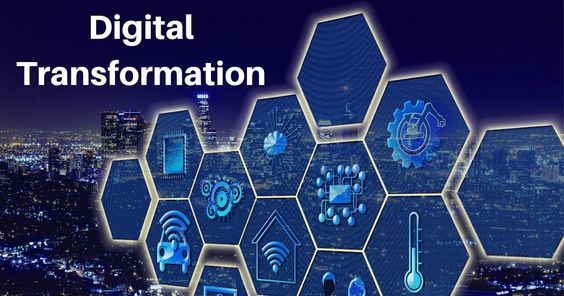
Digital Transformation Services
Introduction:
In today’s rapidly evolving digital landscape, security and transformation go hand in hand. As businesses navigate through the complexities of digitalization, ensuring robust cybersecurity measures becomes paramount. Here’s where Zscaler steps in as a game-changer, offering comprehensive solutions for Secure Digital Transformation. Let’s delve deeper into the realm of Zscaler, exploring its transformative capabilities and how it’s reshaping the cybersecurity landscape.
Understanding Zscaler: A Paradigm Shift in Digital Security
In an era marked by digital innovation, traditional security approaches fall short in addressing modern cyber threats. Zscaler for Secure Digital Transformation stands as a beacon of innovation, offering cloud-native security solutions tailored to the dynamic digital ecosystem.
Zscaler’s cloud-first approach revolutionizes security by shifting the focus from traditional perimeter-based defenses to a more agile and scalable model. Leveraging a global network of secure data centers, Zscaler delivers real-time protection against evolving cyber threats while enabling seamless digital transformation initiatives.
Securing the Digital Frontier with Zscaler
Empowering Digital Transformation Initiatives
Zscaler serves as a catalyst for digital transformation endeavors, providing organizations with the confidence to embrace innovation without compromising security. By seamlessly integrating with cloud applications and services, Zscaler ensures a frictionless transformation journey.
Real-time Threat Protection
Gone are the days of reactive security measures. Zscaler offers proactive threat detection and mitigation capabilities, leveraging advanced AI-driven algorithms to identify and neutralize threats in real time. This proactive approach minimizes the risk of data breaches and ensures continuous business operations.
Enhanced User Experience
In today’s interconnected world, user experience is paramount. Zscaler enhances user experience by offering seamless and secure access to applications and data from any device or location. This ensures productivity and collaboration while maintaining robust security protocols.
FAQs (Frequently Asked Questions)
- What makes Zscaler stand out in the realm of digital security? Zscaler’s cloud-native architecture and real-time threat protection mechanisms set it apart, ensuring comprehensive security without compromising performance.
- How does Zscaler contribute to Secure Digital Transformation? By seamlessly integrating security into digital transformation initiatives, Zscaler empowers organizations to innovate with confidence, ensuring a secure and agile environment.
- Is Zscaler suitable for businesses of all sizes? Absolutely. Zscaler offers scalable solutions tailored to the unique needs of businesses, ranging from startups to enterprises, ensuring effective security measures regardless of size.
- How does Zscaler ensure compliance with regulatory requirements? Zscaler adheres to industry-leading compliance standards and regulations, providing organizations with the assurance of meeting regulatory requirements while maintaining robust security measures.
- Can Zscaler adapt to evolving cyber threats? Yes, Zscaler’s AI-driven threat detection capabilities enable it to adapt and respond to evolving cyber threats in real time, ensuring proactive protection against emerging risks.
- What support options are available for Zscaler users? Zscaler offers comprehensive support options, including dedicated customer service, online resources, and community forums, ensuring users receive prompt assistance and guidance.
Conclusion:
In an era defined by digital innovation and cyber threats, Zscaler emerges as a beacon of hope, offering unparalleled security solutions for Secure Digital Transformation. By harnessing the power of Zscaler, organizations can embark on their digital transformation journey with confidence, knowing that their digital assets are safeguarded by cutting-edge security measures.
Unlock the potential of Zscaler today and embrace the future of secure digitalization.






